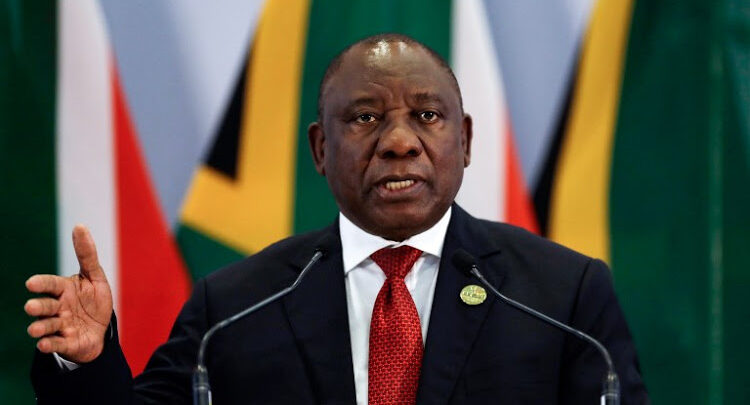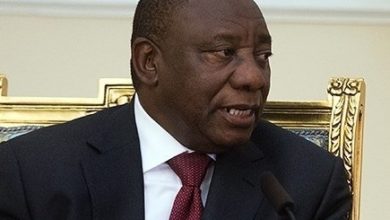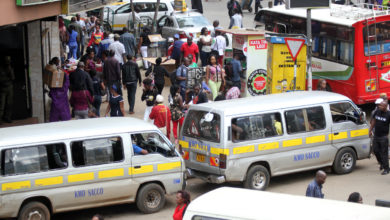Business
South Africa Stops Arm Sale Deals To Saudi Arabia, UAE Over Inspection Row

The South African government has decided to block arms sales to countries including Saudi Arabia and the United Arab Emirates over inspections dispute, reported Reuters. According to industry officials, the latest move is likely to endanger billions of dollars of business and thousands of jobs in its struggling defence sector.
The decision was taken after the two countries refused inspection requests by South African officials, which is required under the country’s export laws.
According to a letter obtained by Reuters, the clause in the export document requires foreign customers to pledge not to transfer weapons to third parties and to allow South African officials to inspect their facilities to verify compliance.
It requires customers to grant access and permission to South African Government Authority’s representative(s) to verify they are in compliance with the country’s defence export regulations.
Officials from South African defence groups Denel and Rheinmetall Denel Munition (RDM) said some of its exports to the Middle East had not been approved since March because of the dispute.
According to sources, Saudi Arabia and the United Arab Emirates have rejected the inspections which they consider a violation of their sovereignty. The two countries account for at least a third of South Africa’s arms exports.
Meanwhile, Oman and Algeria have also refused inspections and have got their imports from South Africa blocked.
Commenting on the issue, Ezra Jele, South Africa’s director for conventional arms control in the defence ministry, said that authorities considered a few criteria including human rights, regional conflict, risk of diversion, U.N. Security Council resolutions and national interest when evaluating applications for export permits.
The Aerospace, Maritime and Defence Industries Association of South Africa (AMD) believe the dispute could threaten the sector’s survival. It estimates the export blocks put an additional 50 to 60 billion rand in future business at risk and could cause the loss of up to 9,000 jobs at defence firms and supporting industries.






